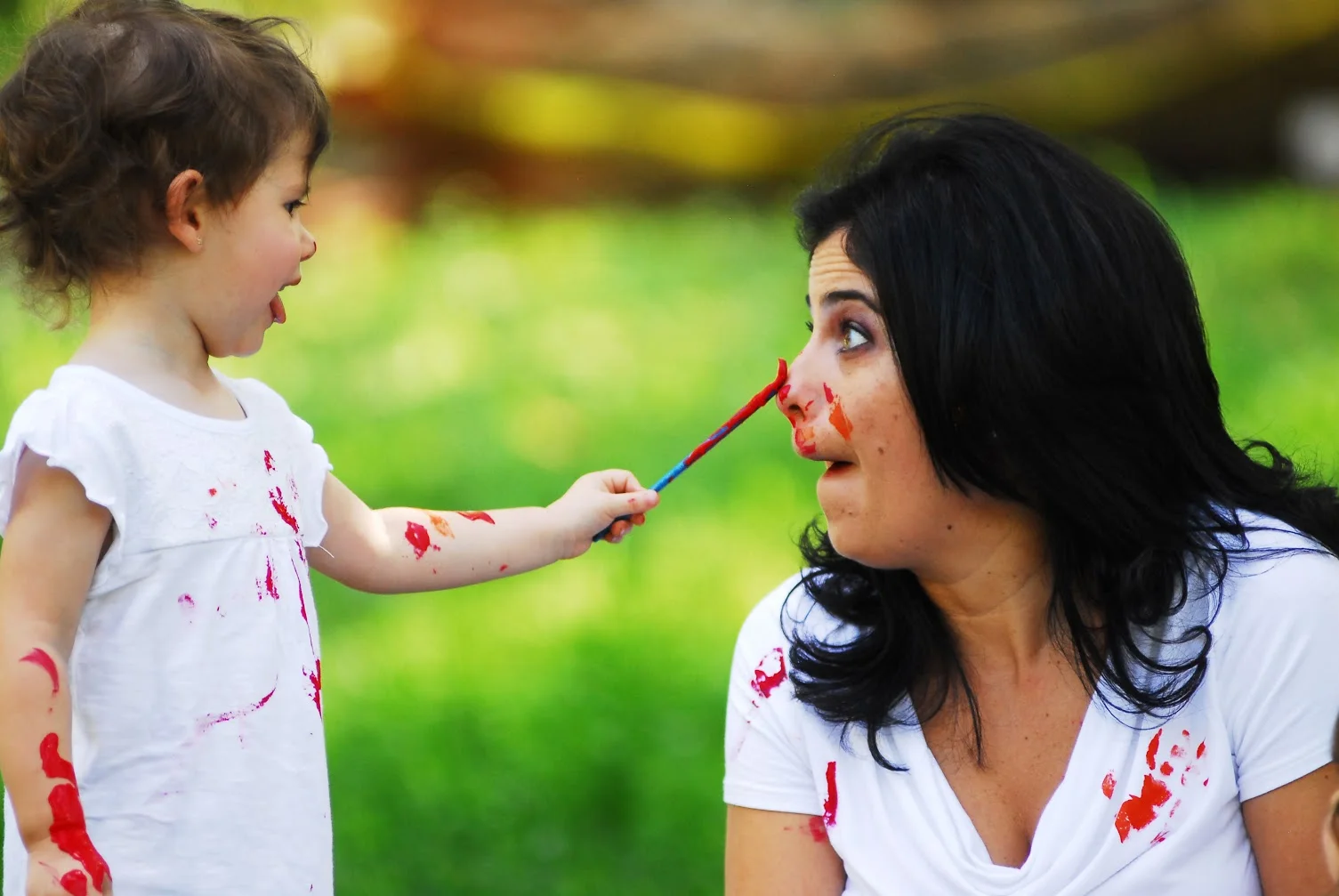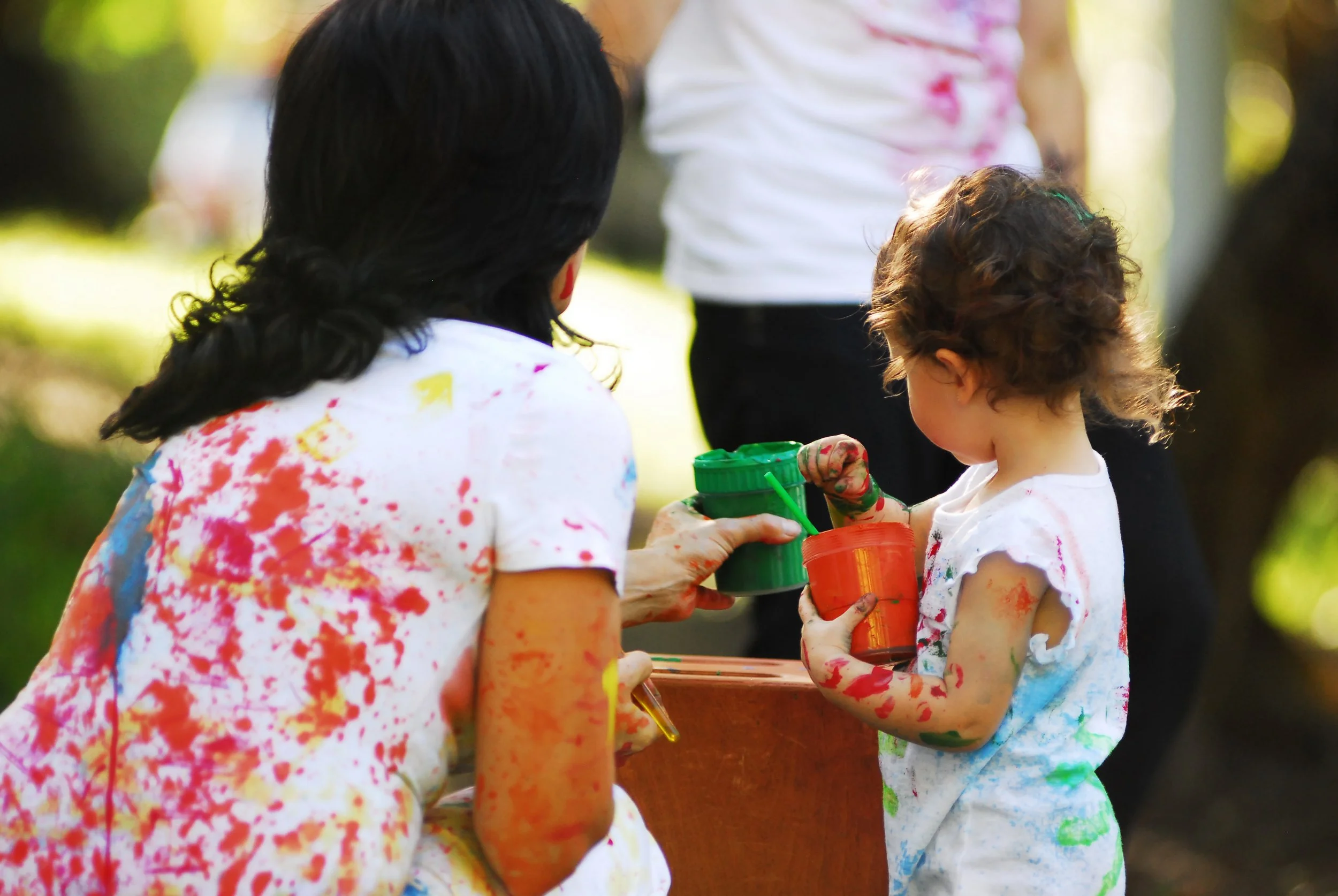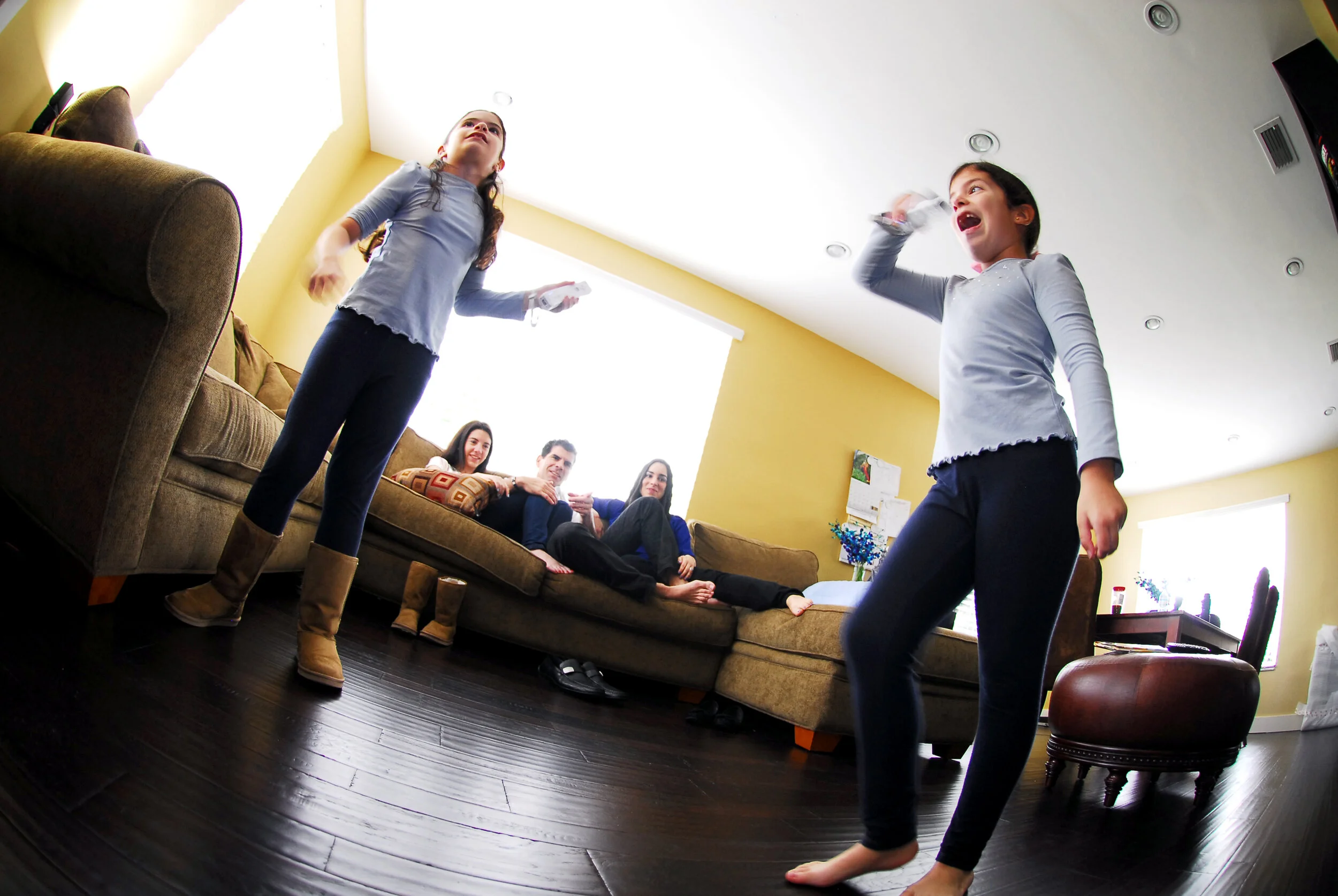Parents often ask how to help children be more grateful without lecturing or shaming. In this post I bring together guidance from my work with families to show how emotional safety, naming jealousy and simple daily practices help gratitude grow over time.
Teens Aren't Disrespectful! It's Their Prefrontal Cortex at Work
As parents, we often view our teens' debates and questioning as disrespectful. However, it's essential to understand what's really happening in their brains. The prefrontal cortex, the part of the brain responsible for decision-making, is developing. The process of brain development, which starts from the bottom up and right to left, continues into adolescence. During this time, teens practice decision-making by questioning and debating.
Handling Biting and Hitting: Tips for Early Childhood
Parenting young children can feel overwhelming. Many caregivers often find themselves wondering, "Is this normal behavior?" when faced with their little ones' actions such as hitting, biting, or pushing. Here, you'll find insights on those all-too-common issues of biting and hitting in children under seven, reassuring you that it’s completely normal.
Expert Tips for Screen Time and Transitions
Are you struggling to manage your high-energy kids' screen time and transitions? You're not alone. Many parents face challenges when it comes to setting boundaries with their children, especially during activities like brunch with the grandparents. Here's some insightful advice on managing kids behavior around screen time and transitions from a recent discussion…
Redefining Homework: Nurturing Skills Beyond Academics
Do you find yourself worrying excessively about your child's homework and academic progress? Multiple studies suggest that homework doesn't significantly enhance academic knowledge. It's time to shift perspective. Homework can serve as an exercise to help children develop essential social emotional skills like perseverance, navigating challenging tasks, and handling emotions.
How to Understand the Use of Consequences
Let’s talk about consequences. One of the most frequent questions parents ask me in workshops and consultations is what is the consequence to a child’s challenging behavior. Most ask that question because they have an inappropriate goal. They've been told that the right goal is for your child to feel bad when they're not listening or when they've made a mistake. I want you to wonder: When was the last time that you learned anything while feeling bad?
Parenting Your Athlete
My daughter is a soccer player. She began while only four years old, and she is still at it now. It has been breathtaking to watch her take on something that she loves and works at strenuously. However, while I am out at the games I get distracted at times by what I see on the spectator side. I understand the mood swings of the parents and family members. A sporting event is both socially and emotionally triggering, but as parents it is important to keep our children front of mind even while in the stands. The following are suggestions on how you can enjoy the game and also parent your athlete:
How Your Parenting Style Resembles our Political System
I was embarrassed that I had welled up to the point where my nose and my eyes could no longer function properly. I attempted not to take a huge breath or blink since tears were going to pour. From the stage I listened to Heather C. McGhee tell all of us that we needed to listen and understand one another, to meet in our humanity if there was to be true change. I began to cry because I know that this is the answer. As a psychotherapist to families and children, I sit and listen to others' humanity daily, and it always works when we listen, understand, and meet in that place of "yes, me too." However, in this moment at the We Won’t Wait Summit my tears were a mixture of McGhee stating what I believe to my soul and knowing how difficult it is for people to sit, speak, and listen to one another's experiences and feelings.
6 Reasons Why Children Should Be Seen and Heard at Restaurants
I cringed as my husband told my daughter that he would no longer help her order the next time we went to a restaurant. We have a hard and clean rule of not disagreeing in front of the children when one of us is setting a boundary, but in this situation I could not hold my tongue. I had never thought about it, but we disagreed about whether or not our children should order their own food at a restaurant.
What Spanking May Be Teaching Your Children
The statistics and multiple negative outcomes of children that are disciplined with corporal punishment are well known to those who work with children. Children’s Trends, a research group, found that corporal punishment increases negative outcomes in adolescence like low academic achievement, alcohol and drug use, antisocial behavior. They also found that the older the age of the child, the greater the negative outcomes. So why do 70% of parents in the United States believe in spanking?











